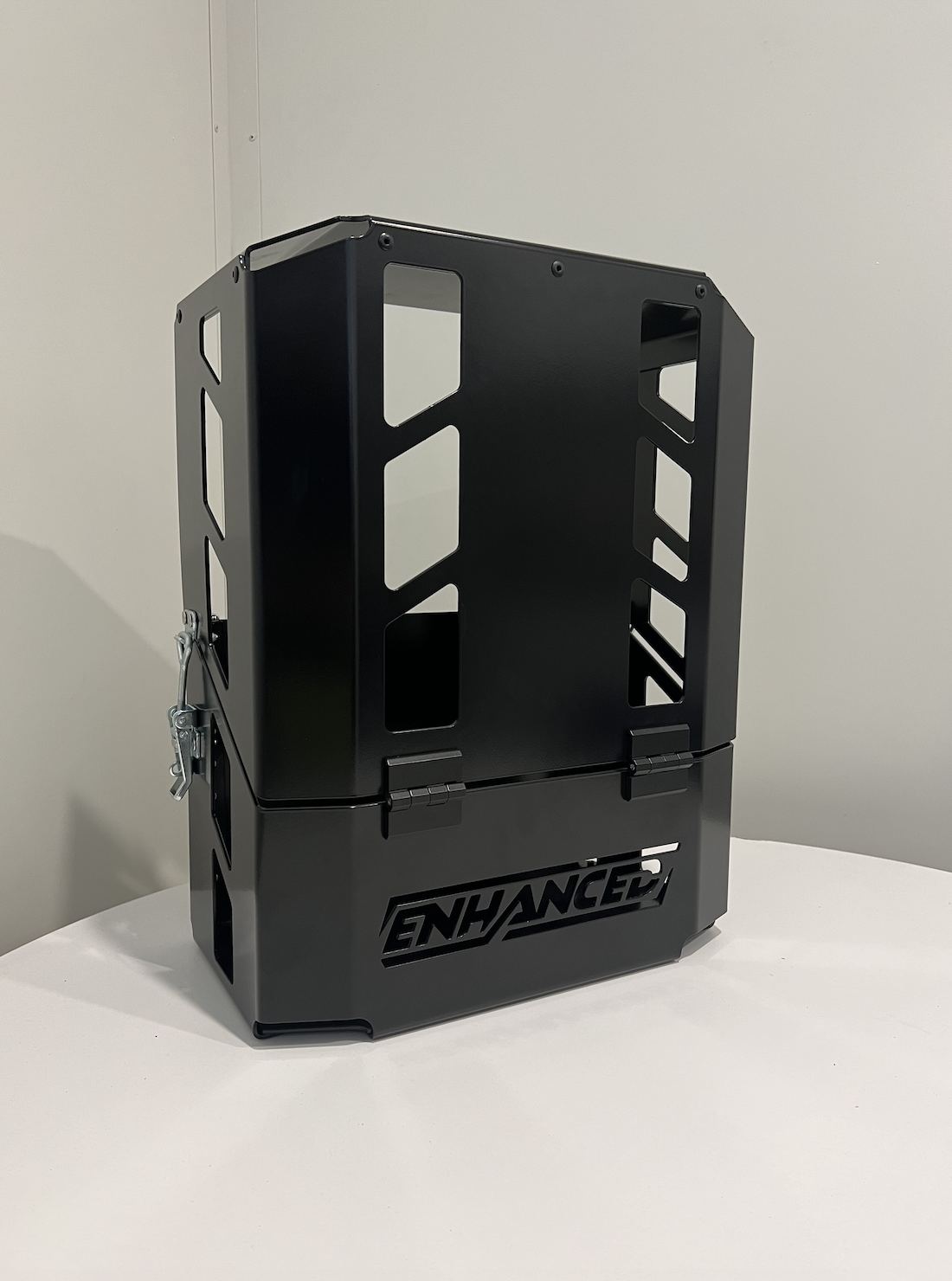The term "jerrican" refers to a type of container used for storing and transporting liquids, typically fuels, oils, and other hazardous materials. The design of a jerrican is characterized by its rectangular shape with a narrow spout or nozzle for pouring, and it is often made of robust materials such as steel or plastic to ensure durability and resistance to corrosion. Jerricans are widely used in various industries, including military, automotive, and industrial applications, due to their versatility and practicality.
Key Points
- The jerrican's origins can be traced back to the 1930s, when it was first introduced as a standard container for the German military.
- Jerricans are designed to be compact, lightweight, and easy to handle, making them ideal for use in remote or hard-to-reach areas.
- The capacity of a standard jerrican is typically around 20 liters (5.3 gallons), although larger and smaller sizes are also available.
- Jerricans are often used for storing and transporting fuels, such as gasoline, diesel, and aviation fuel, as well as oils and other hazardous materials.
- The use of jerricans has become increasingly widespread in recent years, with applications in industries such as construction, agriculture, and emergency response.
Design and Construction of Jerricans

Jerricans are typically made from high-quality materials, such as steel or plastic, which provide strength, durability, and resistance to corrosion. The design of a jerrican is characterized by its rectangular shape, narrow spout or nozzle, and robust handle for easy lifting and carrying. The capacity of a standard jerrican is typically around 20 liters (5.3 gallons), although larger and smaller sizes are also available. Jerricans are designed to be compact, lightweight, and easy to handle, making them ideal for use in remote or hard-to-reach areas.
Types of Jerricans
There are several types of jerricans available, each designed for specific applications and uses. For example, steel jerricans are often used for storing and transporting fuels, such as gasoline and diesel, while plastic jerricans are commonly used for storing and transporting oils and other hazardous materials. Additionally, there are also specialized jerricans designed for specific industries, such as military and emergency response applications.
| Material | Capacity | Application |
|---|---|---|
| Steel | 20 liters (5.3 gallons) | Fuel storage and transportation |
| Plastic | 10 liters (2.6 gallons) | Oil storage and transportation |
| Specialized | Varies | Military, emergency response, and other specialized applications |

Applications of Jerricans

Jerricans have a wide range of applications, from storing and transporting fuels and oils to use in military, emergency response, and industrial settings. They are ideal for use in remote or hard-to-reach areas, and their compact, lightweight design makes them easy to handle and transport. Jerricans are also widely used in construction, agriculture, and other industries where fuels and oils are used extensively.
Benefits of Using Jerricans
The use of jerricans offers several benefits, including their durability, versatility, and practicality. Jerricans are designed to withstand rough handling and harsh environments, making them ideal for use in demanding applications. They are also easy to clean and maintain, and their compact design makes them easy to store and transport. Additionally, jerricans are often less expensive than other types of containers, making them a cost-effective solution for storing and transporting fuels, oils, and other hazardous materials.
What is the standard capacity of a jerrican?
+The standard capacity of a jerrican is typically around 20 liters (5.3 gallons), although larger and smaller sizes are also available.
What are jerricans made of?
+Jerricans are typically made from high-quality materials, such as steel or plastic, which provide strength, durability, and resistance to corrosion.
What are the benefits of using jerricans?
+The use of jerricans offers several benefits, including their durability, versatility, and practicality. Jerricans are designed to withstand rough handling and harsh environments, making them ideal for use in demanding applications.
In conclusion, jerricans are versatile and practical containers used for storing and transporting fuels, oils, and other hazardous materials. Their design and construction make them ideal for use in remote or hard-to-reach areas, and their compact, lightweight design makes them easy to handle and transport. As the demand for jerricans continues to grow, manufacturers are developing new and innovative designs that meet the specific needs of different industries and applications.
Related Terms:
- Jerry Can
- Jerrican Plastic
- Jerrican meaning
- Jerrican food
- Jerrican 5 Gallon
- Jerrican of Water



